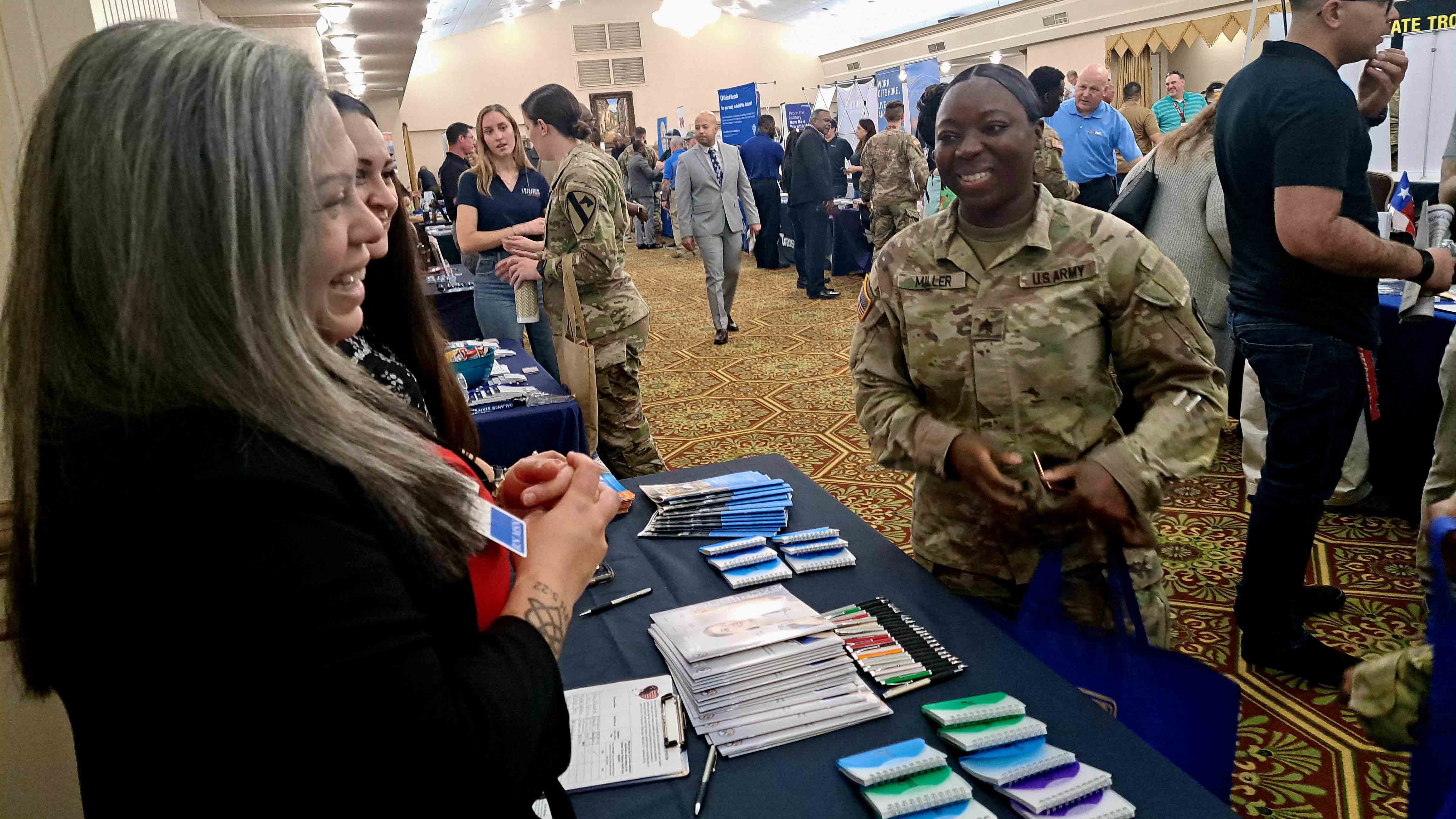Study: Post-Separation Earnings Tied to Military Job
Study: Post-Separation Earnings Tied to Military Job

How soldiers fare financially after leaving the Army is tied to their job during their service, according to an essay published by the Rand Corp.
“Post–9/11 veterans are now more likely to be working than people who never served, and they earn more money,” the essay found. “But Rand researchers suspected those big-picture statistics were obscuring persistent challenges for some former service members trying to make a living in the civilian world.”
Every year, approximately 200,000 service members transition back to civilian life, according to DoD.
A Rand analysis of over 1 million enlisted service members who left the military between 2002 and 2010 found earning differences by military occupations were “so stark that they surprised even the lead researcher.”
“The pattern was remarkably consistent. Service members who had worked in intelligence or information technology could expect to be well compensated in the civilian world,” the study found. “Those who had served in combat arms or in health care, supply and transportation fields could not.”
While male Army veterans who served as human intelligence collectors could earn about $57,851 after leaving the Army, an infantryman would expect to earn $23,306, less than half of their counterpart.
The gap in post-separation earnings could be used to offer support to veterans who come from job fields that are compensated less, said Charles Goldman, a senior economist at Rand and the study’s lead researcher.
“This really highlights that there is still reason to be concerned,” Goldman said. “Transitioning service members in some occupations need more targeted employment assistance than others.”
This was true even among service members when the respective branch and time in service were accounted for.
“Even within the same branch of the military, and with the same number of years of service, veterans coming from some occupations could make nearly four times more than veterans coming from others,” the essay said.
Regardless of their job during their military service, every veteran has valuable skills, said Jim King, a veteran who works at Still Serving Veterans, an organization that helps transitioning service members.
“Frankly, every veteran, every transitioning service member, has valuable skills that will translate to the civilian workplace,” King said. “Some are just easier to translate than others. Intel or cyber or IT—those are going to be much easier. Infantry or torpedoman’s mate, they might need a little more assistance. There just aren’t a lot of torpedoes floating around in the civilian sector.”
Read the full essay here.

